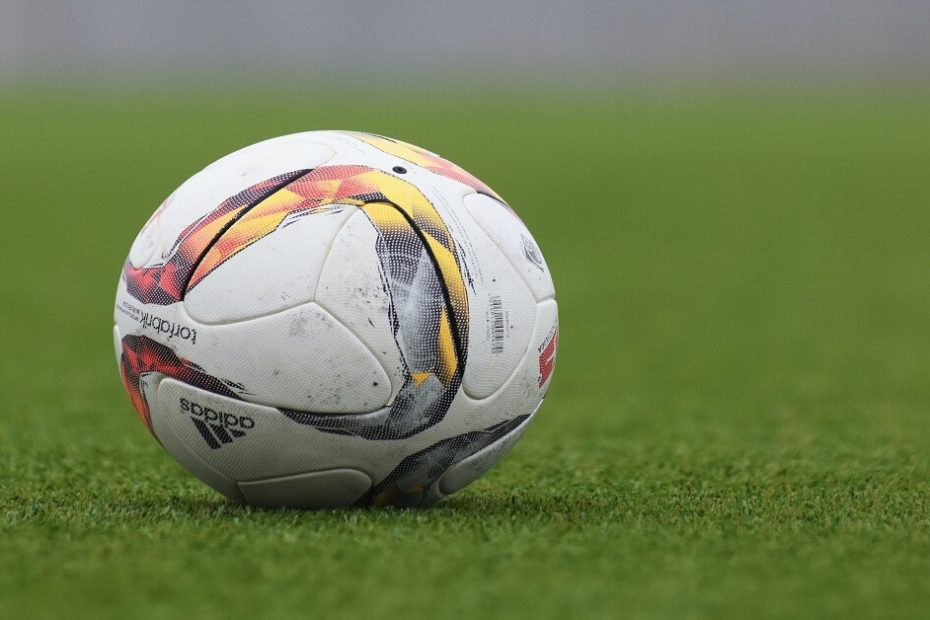The Gulf States are increasing their investment in sports. One of the reasons is that they want to improve their international image. Economic diversification is another reason. Manchester City’s recent win in the UEFA Champions League was backed heavily by UAE money.
Many soccer clubs benefit from the investment of Gulf States in ownership and sponsorships. They have a particular interest in European and U.K. clubs because of their significant financial performance. They see this as a great economic opportunity with more symbolic benefits of nation branding.
United Arab Emirates
When the UAE woke up to the significance of sport, it was the first Gulf state to invest in a foreign club. The Abu Dhabi United Group, owned by Sheikh Mansour bin Zayed, bought Manchester City in 2008. The Sheikh Mansour is the brother of the third president of the UAE and the ruler of Abu Dhabi. He spends more on transfers than any other club in world soccer. Net transfer spending is at $1.64 billion.
The increasing investment in sports comes at a time when sports betting is growing rapidly in the U.S. As of June 2023, 34 states and the District of Columbia allow some form of sports betting. Gamblers are some of the biggest fans of sports, and the game of soccer is becoming increasingly popular in the U.S.
Saudi Arabia
Saudi Arabia is another Gulf State that’s putting more importance on sport. After identifying and assessing risks in business, they have been buying stakes in soccer clubs in the country. In 2021, its Public Investment Fund gained a majority stake in the Newcastle United soccer club.
Saudi Arabia aims to acquire some of Europe’s top soccer players. Karim Benzema has signed a lucrative deal with the Al-Ittihad Club and there’s much speculation about the courting of other international players.
The PIF governor said the country has a young demographic and the interest is in all sports. Over the past five years or so it has created a number of sports federations.
Qatar
Qatar Sports Investments acquired the French soccer team Paris Saint-Germain in 2011. Qatar continued to acquire other top players in subsequent years. It also set a training strategy so young players could train and compete at a European level. Becoming an official FIFA partner meant it sponsored various global competitions. Since 2005, Qatar has become host to many large-scale sports events.
The Qatar World Cup 2022 left a lasting impact on Qatar in terms of infrastructure development. It gave an economic boost to the tourism industry and the sports sector. This was the first ever World Cup to be held in the Middle East. Hosting it drew international attention to the growing role of Gulf States in hosting international sporting events.
Now Doha, the capital city of Qatar, wants to purchase Manchester United from its American owners. The club has a worldwide fan base and acquiring it would be a major coup for Qatar.
Other spectator sports
The Gulf States are not only interested in soccer. They are attracting other elite spectator sports like golf, horse racing, and cycling. These sports tend to be of interest to wealthy spectators. In the early months of 2023, the UAE hosted various international golf tournaments. Since 2019, Saudi Arabia has hosted the annual European golf tour and the annual Dakar Rally.
The Gulf States have built sports infrastructure and attracted international players and coaches for local teams. They are constantly enhancing their national sports sectors and have a monopoly over the broadcasting rights of games. They have made consistent efforts to invest in the participation of youth in sports.
